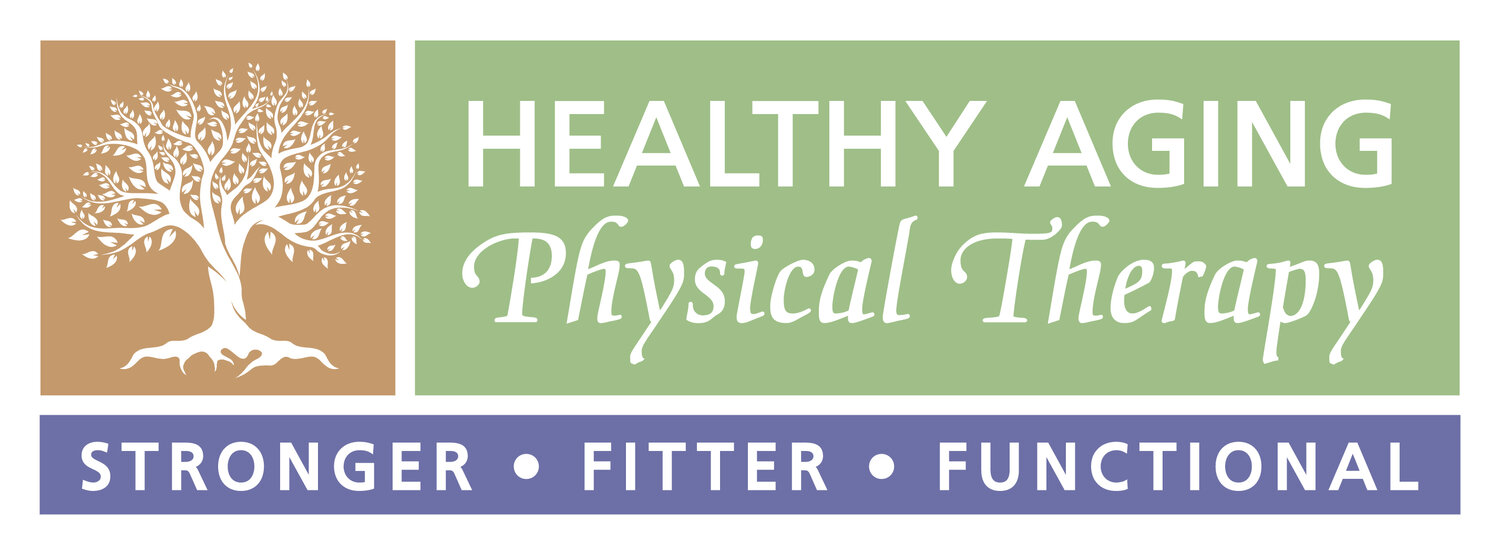Breaking up is hard to do…
Believe it or not, I hate discharging patients. It’s always a hard conversation. I become attached. They become attached. Most people feel BETTER after their therapy visits and who would want to stop that? But the truth is, we can’t see you forever (except sometimes, but that’s a story for a different blog post). So, I penned this Dear John letter to put all my feelings into words and let you know what is actually going through our heads when we come to the hard decision that it is time to discharge you from your physical therapy care.
Dear discharging patient,
I know this isn’t the news you wanted to hear, but the time has come to discharge you from therapy and breaking up is hard to do. But for the record, this is hard on us, too. Believe it or not, we physical therapists really do feel truly invested in your success. Given a choice in the matter, we would love to keep visiting you, having our chats, helping you move and feel better. And could you benefit from more therapy? Sure, everyone could use some physical therapy every day! But can I ethically keep charging your insurance for it? Unfortunately, no.
It’s not me, it’s you - but I want you to understand why. Somewhere along the line, and fortunately so, Medicare decided we therapists have enough education to make the call as to what is so-called not only “medically-necessary,” but also “skilled” and “reasonable.” And believe it or not, and contrary to common belief, it’s not all about whether or not you’re improving! ‘Medical-necessity’ supersedes your potential to improve. It may be as ‘medically-necessary’ to help you heal from a broken hip to get you back to work, as it is for us to help you deal with a progressive or terminal illness - even if we know you’ll never get back to where you were before. Sometimes, we can keep you on forever, but only if you really need to in order to prevent imminent decline or progression of your disability (but these situations are pretty specific, and if we are discharging you, it means you don’t qualify under these conditions - we’re really sorry!).
So, what’s this about being “skilled”? Ask yourself this question: does what my therapist is doing with me absolutely require he or she to be present for it to ‘work’ or could I do this on my own or with someone else helping me? If the answer is no, then your therapy is no longer skilled. ‘Reasonable’ speaks to industry-standards. The therapy profession continues to develop evidence-based practice standards and it is expected that the therapy we provide falls under these commonly accepted care guidelines. And this is a good thing! It means your therapist is required to provide a certain level of care that should reasonably be expected to help you - or they shouldn’t be getting paid for it!
We truly hope that what we have taught you will help you manage your pain, injury or illness on your own. If we are discharging you, it’s because we truly think you are capable of taking care of yourself now, or we think you have the support in place to do so if you need the help. But this doesn’t have to be goodbye - it is really just a ‘see you later.’ Why? Because we’re here for you! If you need us again, just call. We want to be your go-to gal (or guy) if your pain comes back, if you’re feeling worse, or if you hit any other bumps in the road. Just like you call your doctor if you’re feeling sick, don’t hesitate to call us if movement and mobility problems are interfering with your life. So, while this is goodbye for now, but don’t be a stranger!
Sincerely,
Your (also very sad) Physical Therapist


